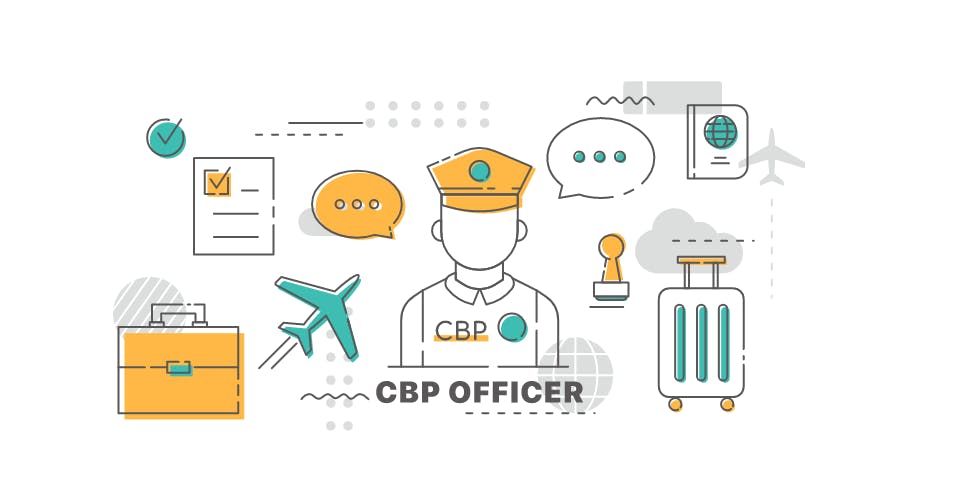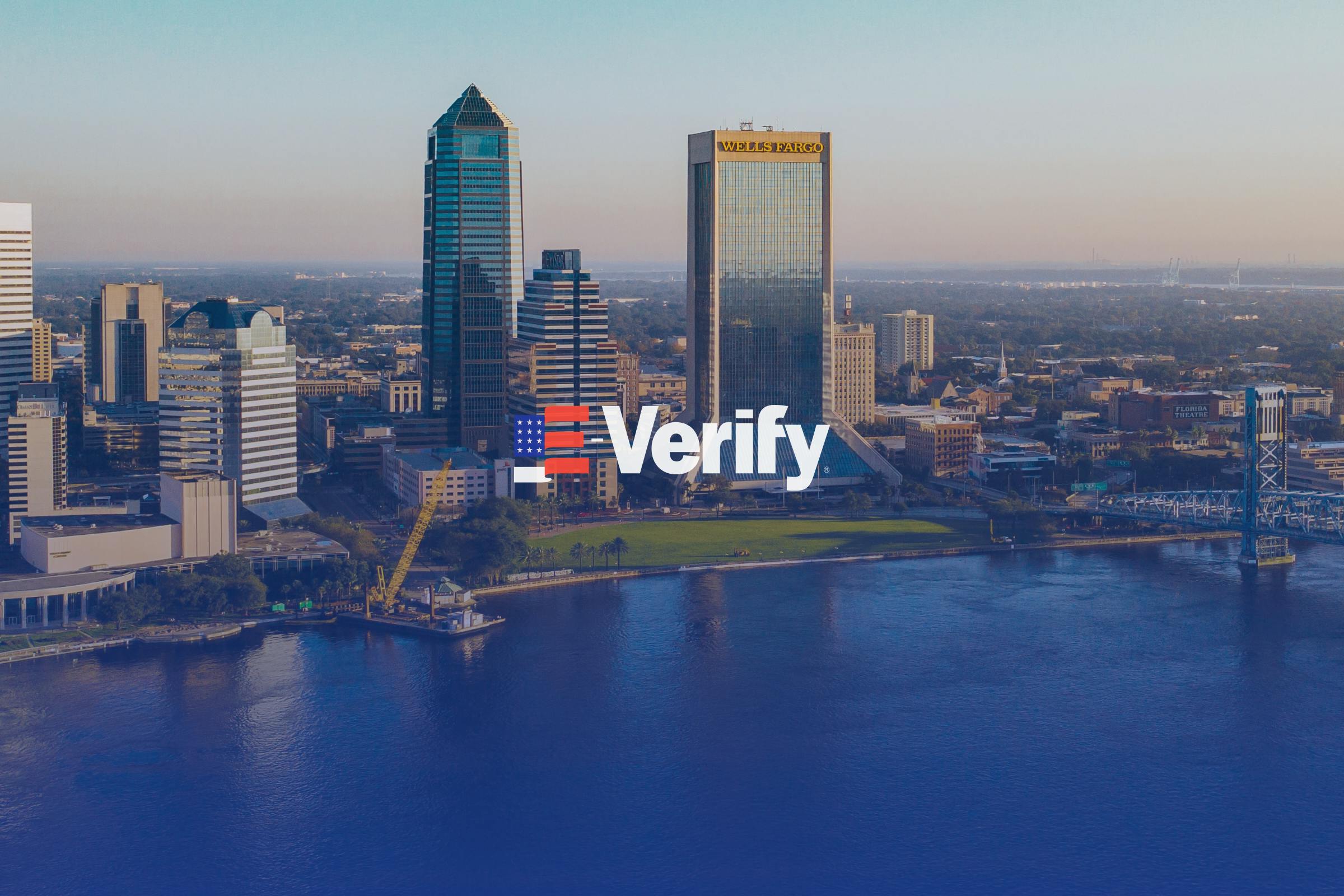If you’re an immigrant who is going through processing with the USCIS or a U.S. consular office, you should be advised that there is an additional step in your path of taking up residence in the United States. Even after you have had your immigrant or non-immigrant visa approved, you’ll still need to pass through Customs and Border Patrol (CBP) at a U.S. point of entry (most likely an airport). The CBP officer who will screen you, and perhaps interview you, upon entry has the ultimate discretion for whether or not they will admit you to the United States. Every officer is different and can make the process a lengthy one or a relatively short one. This simply depends on when and where the intending immigrant enters the country.
In other words, all of the time you have spent preparing to come to the U.S. comes down to one final interview the CBP officer. This can be a stressful experience for some immigrants who do not have full command of the English language or might feel profiled by the very nature of coming to the U.S. from a certain country. In any case, this blog is dedicated to better understanding the types of questions that one can expect from a CBP officer and how to go about answering these questions strategically.
Where are you Visiting?
When you present your visa to the customs officer, they will be able to determine rather quickly what your intending status is (J-1, H1-B, EB-2, Family Sponsored), and will thus check to see if you are really here in the U.S. to serve the purpose of your immigrant status. As such, CBP officers often ask applicants where they will be visiting, or where are they staying in the U.S. If you’ve already figured out your housing situation, respond by telling the officer that you already have housing, and then state the address you’ll be living at. If you’re a J-1 student, you might add that your housing is situated near a university or college to solidify the fact that you are in the U.S. temporarily to complete your studies.
You should never say that you aren’t sure where you're staying, as this raises doubt in a CBP officer's mind that you have potentially lied about your address history on your immigration application, which is a red flag.
Length of Stay
Next, the officer might decide to question you on your length of stay in the United States, especially for non-immigrant visa holders. All visa holders should know when their visa expires before the CBP interview to ensure trust that you will either renew your visa when needed or that you will depart before your visa expires. If you have had an immigrant petition approved, this will seem like a trick question because you are supposed to have your green card mailed to your new U.S. address. Make sure to let the officer know that your I-140 was approved, you went through consular processing, and are now here in the U.S. taking up residence and about to receive a green card.
Previous Visas/Entry History
Another key question that a CBP officer might ask any arriving immigrant or non-immigrant is whether they have visited the United States before, what their status was at the time of that visit, or if the interviewee has held any other types of visas in the United States before. If this is your first entering the country, it shouldn’t be a difficult question to answer. If you were previously in the U.S., you should the name of the visa you were admitted under (B-1, B-2, E2, E3, etc.)
In addition, you might be asked if you ever overstayed a previous visa that was issued to you. If you did overstay a tourist visa, you should be honest and not lie as the officer will be able to look up your flight records. If you overstayed by a few days, this is no problem. You would not have made it this far in the process if you had overstayed by six months because your petition would have been denied initially.
Finances
Finally, and this is particularly true for those coming to the U.S. on a fiancé visa, officers might ask the intending immigrant if they have enough money to sustain themselves, or what their financial situation will be like when they arrive in the U.S. Officers are trying to make sure in general that anyone admitted to the U.S. will have the resources they need to in order to not become some type of burden or security risk. Being financially stable is letting the officer know they will have less to worry about if they admit you into the country.














